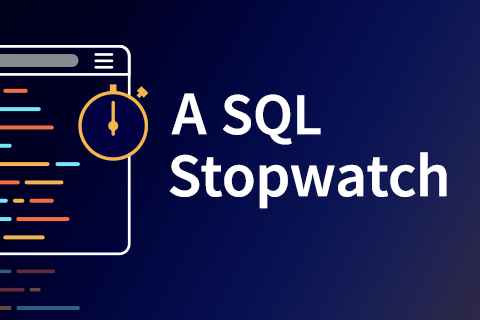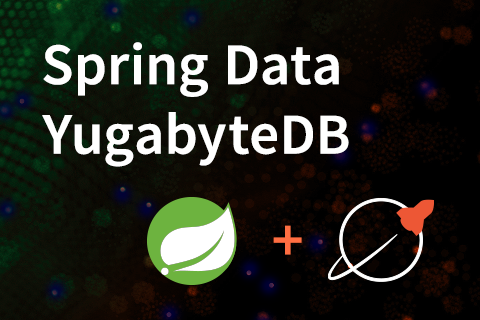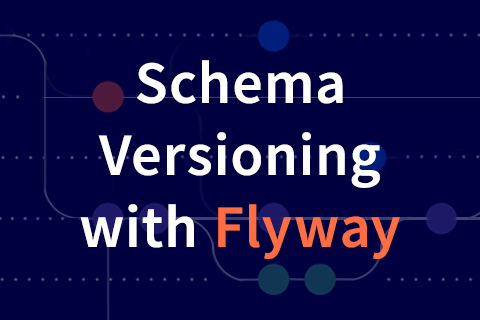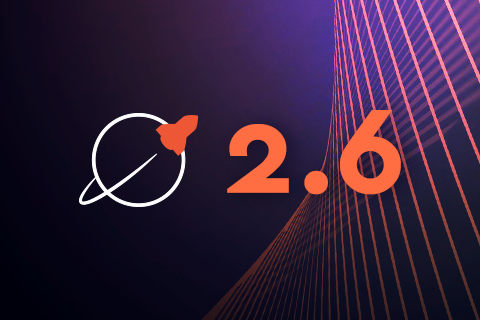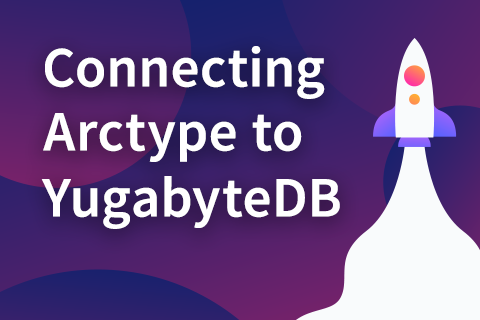YugabyteDB Open Source Community Spotlight – October 2021
The Yugabyte community is always active and its members are constantly having interesting conversations and making valuable contributions. We spotlight members of the community to recognize their contributions to making the Yugabyte community a great place.
Warren Wilfred L. Cruz, Data Solutions Architect @ EXIST Software Labs, Inc.
Twitter: https://twitter.com/wawicruz and LinkedIn: https://www.linkedin.com/in/warrencruzpostgrex
If you’re on the Yugabyte community Slack,
…

